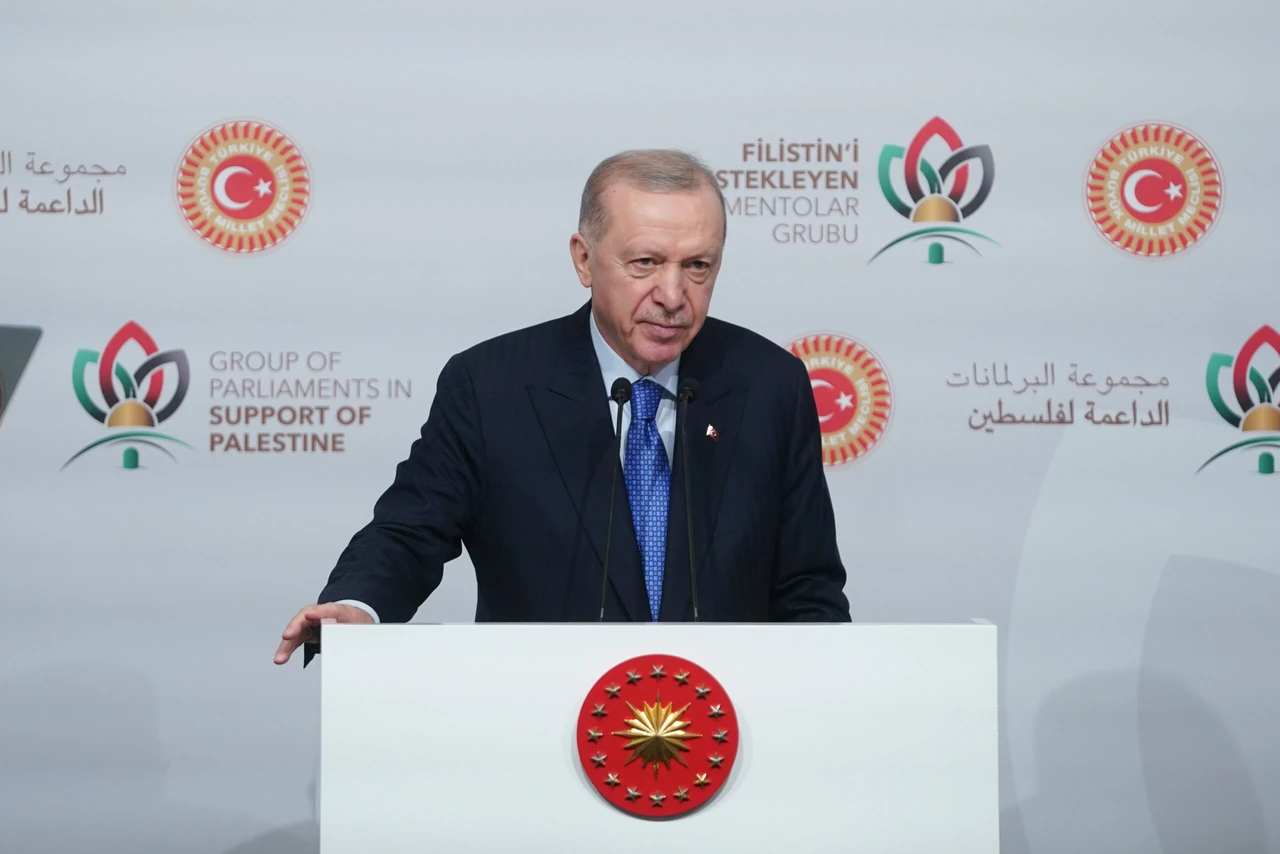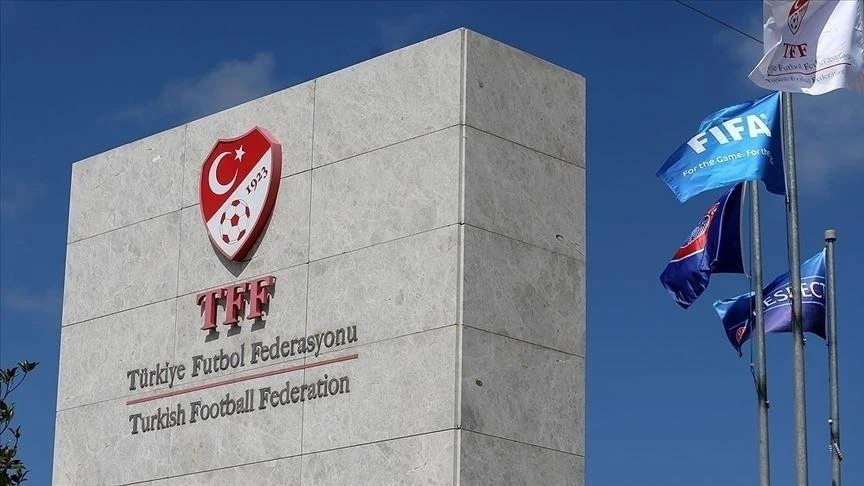Far-right FPO victory alarms Turkish community in Austria
 Herbert Kickl, Vienna, Austria, September 29, 2024 (Reuters Photo)
Herbert Kickl, Vienna, Austria, September 29, 2024 (Reuters Photo)
The recent victory of Austria‘s far-right Freedom Party of Austria (FPO) in the general election has sparked concerns among the Turkish community in the country. Many fear the party’s anti-immigrant rhetoric and policies could negatively impact their lives.
The FPO secured nearly 29% of the vote, exceeding expectations. While polls predicted the party would get around 27%, its two-point margin over the center-right Austrian People’s Party (OVP) has amplified worries, especially among immigrant communities like the Turks.
‘Deeply concerned about far-right party’s victory’
Turkish citizens, some of whom were born and raised in Austria, expressed their concerns about the challenges they might face if the FPO gains power.
Muhammed Yuksek, a hospital administrator in Vienna, highlighted the party’s simple but effective strategy in gaining support.
“As a Turk born and raised here, I am deeply concerned about the far-right party’s victory in this election,” Yuksek said.
He recalled the FPO’s participation in the coalition government from 2017 to 2019, noting that the Islamophobic and exclusionary policies from that period are still fresh in people’s minds.

Yuksek warned that the FPO’s rise will likely impact Turks and Muslims the most. “This party was founded by Nazis. Even today, some members are seen at Nazi events and in media with Nazi symbols. We must remember they gained power by targeting us, the Muslims,” he said.
He also expressed fears that the party’s rise threatens all immigrants. “This racist party poses a threat to the unity, democracy, and future of this country,” Yuksek added.
Yuksek further mentioned reports of individuals with Nazi ties attending the FPO’s victory celebration and pointed out that Herbert Kickl, the party’s leader, celebrated alongside members of the far-right Identitarian Movement.
“We need to ask ourselves, if this is what happens on day one, what comes next?” Yuksek said.
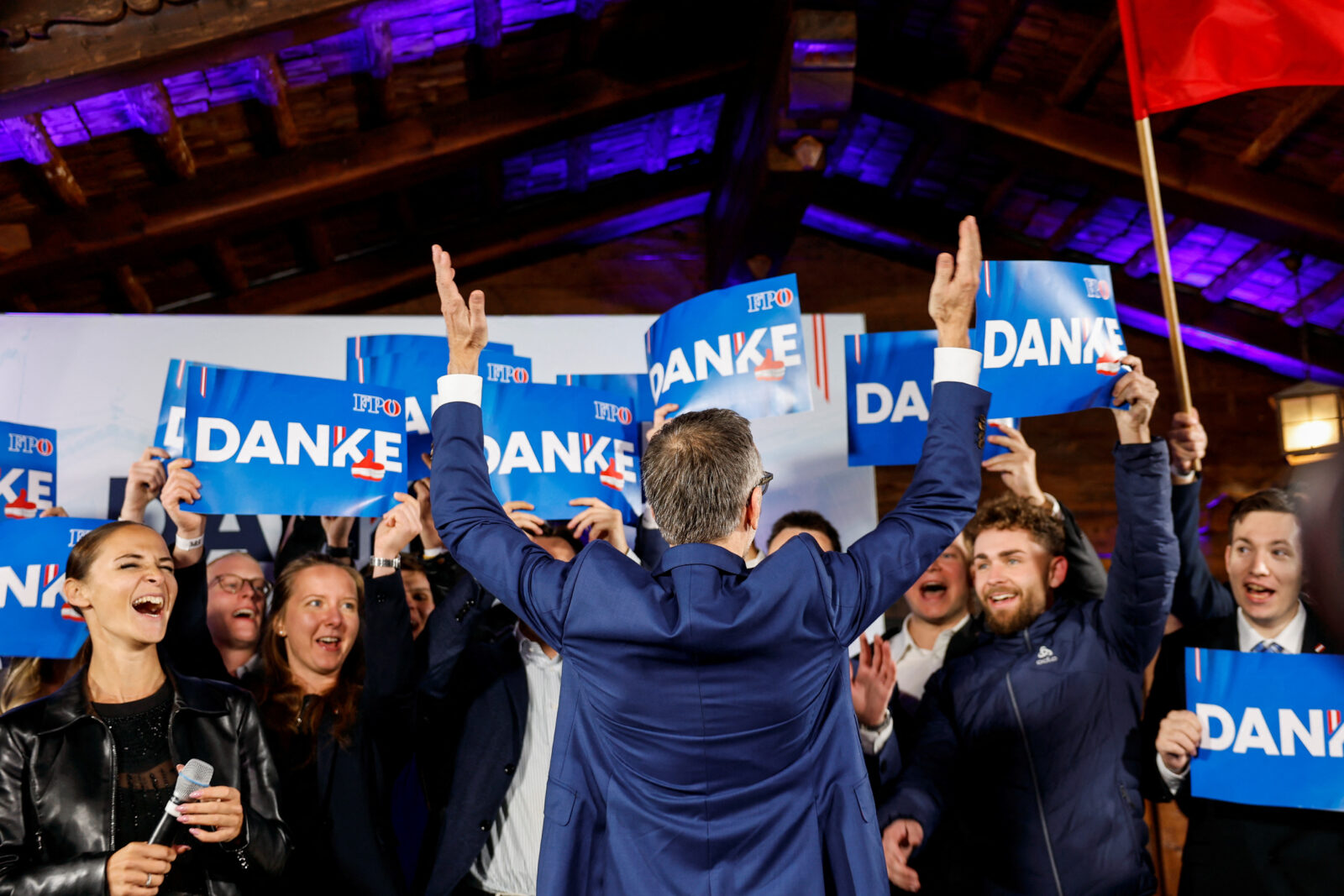
Shift to right
Turgay Taskiran, a doctor in Vienna, noted that Austria has been leaning to the right since the 2015 migration crisis. He pointed out that the combined right-wing vote– FPO’s 29% and the OVP’s 26% – totals 55%, which has unsettled the immigrant community.
Taskiran recalled an event before the election where senior FPO figures attended a gathering where Nazi-era songs were sung.
“The FPO’s victory will encourage racists. We saw this during the previous OVP-FPO coalition. I expect an increase in verbal, if not physical, attacks on people wearing headscarves or those with darker skin,” he said.
Taskiran also observed that no other party seems willing to form a coalition with the FPO. However, he emphasized that any future government must address key societal issues, particularly immigration.
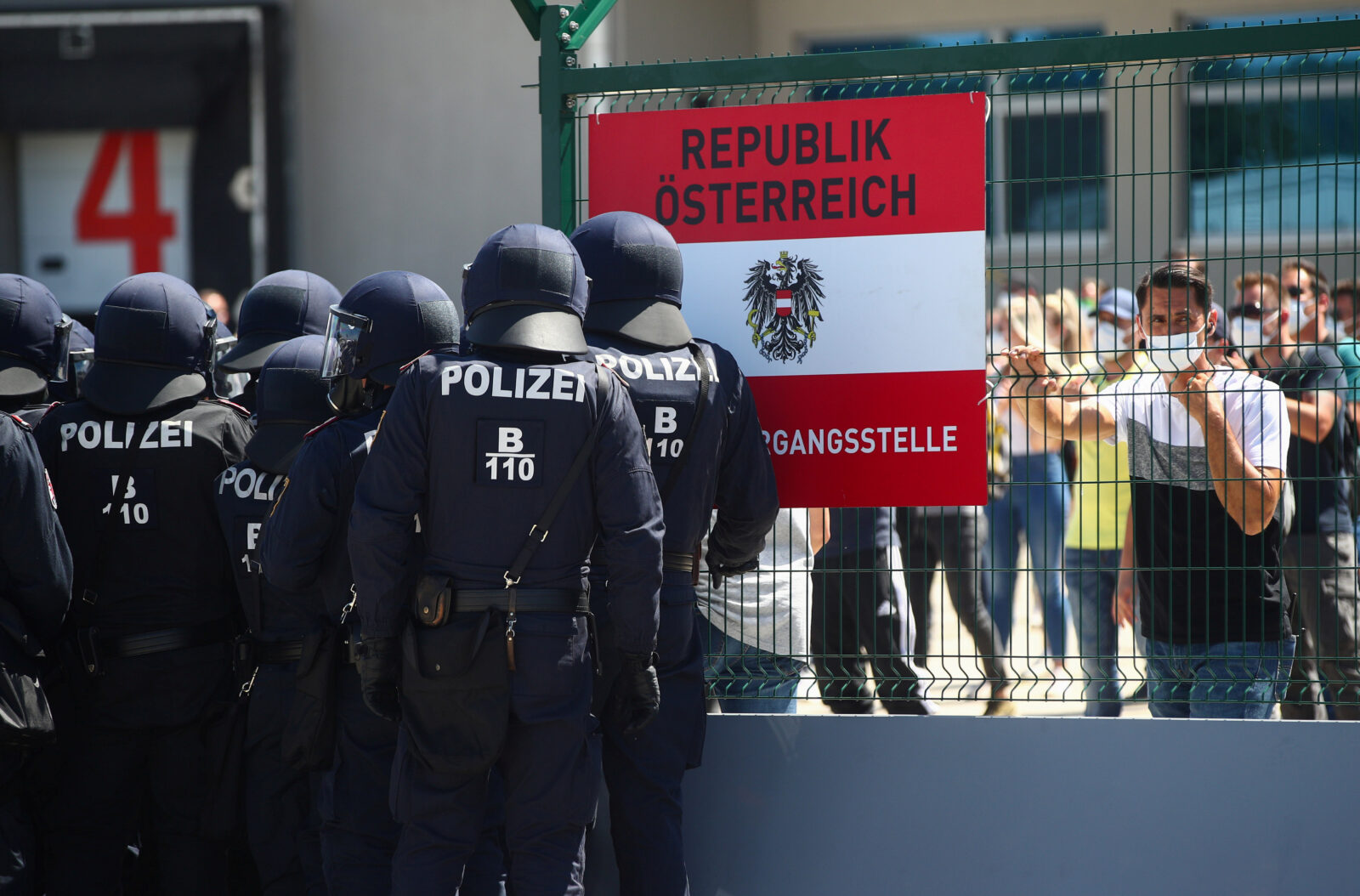
‘We’ve already seen preview’
Kaddafi Kaya, a Turkish business owner in Vienna, highlighted the challenges the Turkish community faced when the FPO was previously in power from 2017 to 2019.
“We’ve already had a preview of what’s to come. During that time, laws targeting the Turkish community severely restricted social life,” Kaya said.
He noted that both far-right and center-right parties have increasingly used populist rhetoric, making immigrants a political target.
“For the Turkish and Muslim communities, exclusion has almost become a norm. But the real concern is where this will lead and how dangerous it could become. Many people, both young and old, are living in fear,” Kaya added.
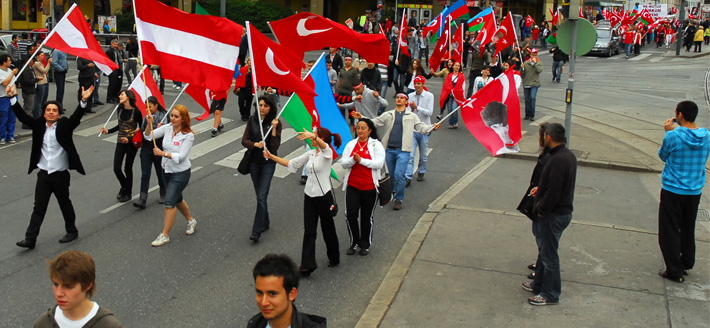
Impact on daily life
Ibrahim Firat, a shopkeeper in Vienna, expressed concern about how the FPO’s rise will affect daily life. “There will definitely be an impact, as the rhetoric is growing harsher. Deep-rooted sentiments will likely surface,” Firat said.
He warned that the FPO’s anti-immigrant focus could intensify, saying, “They might start saying, ‘Turks should leave, Afghans shouldn’t come.’ And if they run out of targets, they’ll shift focus to political Islam.”
Firat also mentioned the corruption allegations the FPO has faced in recent years, which makes their strong performance surprising. He attributed their success to frustration with irregular migration and economic struggles, worsened by the war in Ukraine, which tends to drive voters toward far-right parties in times of crisis.
